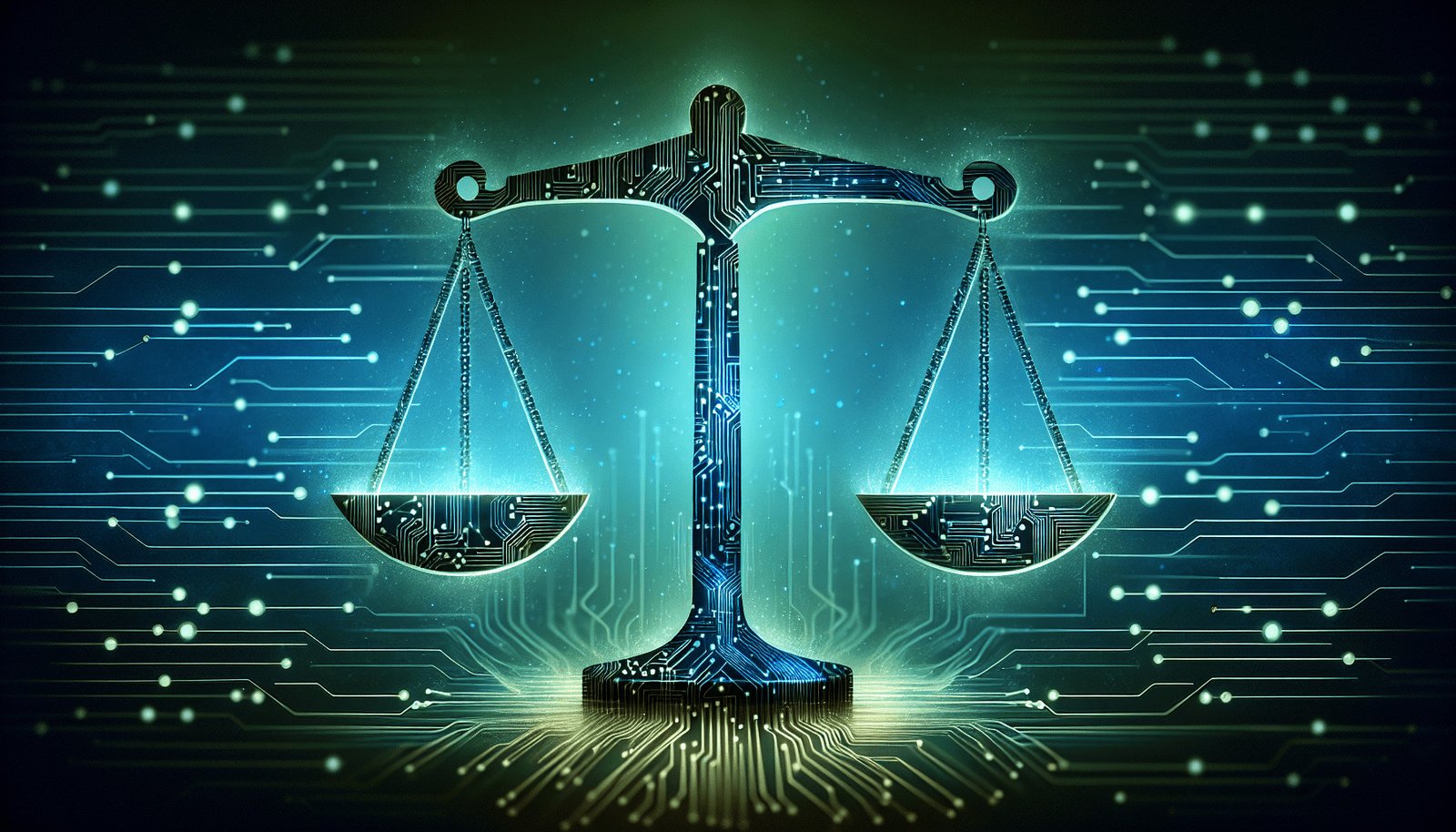Have you ever wondered how technology is revolutionizing the legal industry? Enter the world of LegalTech Token (LTT), a groundbreaking concept that is reshaping how we perceive legal transactions. In this detailed exploration, you’ll gain a deeper understanding of how LTT is making waves and what it means for the future of legal services.

Understanding LegalTech Token (LTT)
LegalTech Token (LTT) is a digital asset designed to facilitate transactions within the legal technology ecosystem. By leveraging blockchain technology, LTT aims to provide a more secure, transparent, and efficient way to handle legal processes. The token not only acts as a medium of exchange but also as a pivotal tool in automating legal services.
The Role of Blockchain in Legal Services
Blockchain technology provides a decentralized platform to record transactions in a secure and immutable manner. This is particularly useful in the legal sector, where transparency and the integrity of documents are paramount. With blockchain, Smart Contracts can execute legal agreements without the need for intermediaries, making processes faster and potentially more cost-effective.
What Makes LTT Different?
LTT stands out in the realm of LegalTech for a few compelling reasons. Firstly, it offers a multichain gateway, which helps to connect different blockchain networks. This makes LTT flexible and adaptable across various platforms. Moreover, its emphasis on incorporating AI and machine learning into legal processes provides an edge by enhancing accuracy and efficiency in legal documentation and case management.
The Multichain Gateway Token (MGT)
The Multichain Gateway Token (MGT) acts as a crucial connector, enabling interoperability among disparate blockchain networks. It simplifies the process of executing cross-chain transactions and accessing a wider range of blockchain applications without requiring users to be tech-savvy.
How MGT Works
MGT functions by integrating multiple blockchain systems, allowing easy switching and communication between different chains. This interoperability addresses one of the core challenges in blockchain technology: the lack of seamless interaction between various platforms. By using MGT, legal service providers can operate across multiple blockchain systems without friction.
Benefits of MGT in LegalTech
Incorporating MGT into legal services introduces several advantages. It reduces costs associated with cross-border transactions and legal entities by eliminating the need for multiple middlemen. In addition, it promotes a higher degree of security and confidentiality in sensitive legal dealings.

Impact of LegalTech Tokens on Traditional Legal Practices
LegalTech Tokens like LTT and MGT are redefining the landscape of traditional legal practices. With the integration of advanced technologies, legal processes are transitioning from being paper-driven and time-consuming to dynamic and automated systems. Let’s explore the effects further:
Automation and Efficiency
Imagine drafting a contract that automatically self-executes once conditions are met, or using AI tools to review vast amounts of case law in seconds. Automation brought about by LegalTech Tokens leads to heightened efficiency and reduced room for human error, allowing legal professionals to focus more on strategic and client-centered tasks.
Financial Implications
LTT introduces significant cost benefits. By cutting out intermediaries and utilizing digital tokens for transactions, legal firms can reduced expenses which can be passed on to clients. The transparency offered by blockchain also prevents hidden fees, ensuring clear-cut financial dealings.
Accessibility to Legal Services
Tech advancements open up legal services to a broader audience. The decentralized nature of blockchain technology and the introduction of tokens make legal help more affordable and accessible, particularly in underrepresented sectors or regions with limited access to conventional legal services.
Concerns and Ethical Considerations
While the potential of LegalTech Tokens is vast, there are associated concerns and ethical challenges that need examination.
Data Privacy and Security
One of the major concerns with using blockchain is data privacy. While blockchain does offer improved security due to its decentralized nature, the data stored within it can become vulnerable if not properly managed. Legal firms must employ robust security measures to protect sensitive client information.
Legal Recognition of Blockchain Transactions
Another challenge lies in the legal system’s current recognition of blockchain transactions. While some jurisdictions accept blockchain as a legally binding system, others are yet to catch up. This discrepancy can lead to legal enforceability issues across different regions.
The Human Element
With automation increasing, the human touch in legal processes might diminish. While technology can handle much of the routine work, the insight and empathy provided by human professionals remain irreplaceable. Balancing automation with human interaction is crucial to ensure client satisfaction.

The Future of LegalTech Tokens
The adoption of LegalTech Tokens like LTT and MGT is expected to rise as more legal firms and entities recognize their value. It envisages a future where legal services are faster, more accessible, and far more efficient, driven by technology and innovation.
Innovations on the Horizon
As the landscape evolves, innovations like AI-driven legal analytics, predictive justice, and blockchain-based identity verification are on the horizon, promising to enhance the capabilities of LegalTech Tokens even further.
Legislative Developments
Globally, there is a move towards creating a regulatory framework to incorporate and govern the use of blockchain in legal systems. These developments will play a crucial role in overcoming existing challenges and laying the groundwork for a more digital-centric legal future.
Global Acceptance and Integration
For LTT and MGT to reach their full potential, global acceptance and interoperability of blockchain technologies are essential. As legal practices across the world start to embrace these tokens, we can expect a more connected and efficient global legal system.
Conclusion
LegalTech Tokens like LTT and MGT represent a significant leap forward in the evolution of legal services, bringing with them the promise of innovation, efficiency, and broader accessibility. While there are challenges to overcome, the future looks optimistic as the legal industry moves towards a tech-driven era. As you consider these developments, think about how these technologies might change the way you interact with legal services and what opportunities they might bring to the horizon.

